July 12, 2018 at 02:51PM via https://librarytechnology.org
Nonprofit startup Impactstory today announced new funding of $850,000, received as a grant from Arcadia, a charitable fund of Lisbet Rausing and Peter Baldwin, to build a free search engine designed to help the public find, read, and understand peer-reviewed research on any topic. Impactstory will partner with the Internet Archive and the British Library for the project.
The new search engine will be built on an open index of 20 million open access (OA) scholarly articles, and will incorporate an interface layer using artificial intelligence to annotate, summarize, and link articles using plain language.
The backbone of the new search engine will be Impactstory’s existing database of OA articles, called Unpaywall. Launched late 2016, Unpaywall offers a free Chrome extension now used by 150,000 readers, and a free API that is used in thousands of academic libraries and handles over 1.5 million unique uses daily. Other users include Clarivate Web of Science, Digital Science Dimensions, national science evaluations in the UK, Switzerland, and elsewhere.
However, despite heavy use of the database, most integrations to date have not sought to engage the general public. Indeed, few projects have met the need for a single, comprehensive search engine for OA aimed at the nonspecialist reader.
“Students, patients, citizen scientists, scholars in the developing world: there are so many who need to find, access, and understand the scholarly literature,” notes Impactstory cofounder Heather Piwowar. “Today there’s a unique opportunity to meet that need, by leveraging two trends: growth in Open Access, and dramatic improvements in AI-powered translation, summarization, and recommendation.”
The future of scholarly publishing does increasingly appear to be Open Access. A 2013 White House Office of Science and Technology Policy memo requires US federally-funded research be made Open Access, while in Europe an ambitious mandate requires 100% of European-funded research be OA by 2020. Nearly half of research literature is OA already, and studies show rapid increase in this percentage in recent years.
However, actually getting research literature into the hands of non-specialist readers has remained challenging. “OA literature is scattered all over the place,” observes Jason Priem, Impactstory’s other co-founder, “and so despite the promise of OA, we haven’t had a place where we can tell lay readers ‘here’s where you can read free, trustworthy research about anything.’ With this new grant, we’re making that place. And we’re adding an AI-powered interface that makes the articles people find more understandable as well.”
A beta version of the search engine will be launched in the fall (early adopters can sign up for advance access at http://bit.ly/2uvCXT7). The beta version will include support for multiple languages, an open API, and integrated altmetrics. Although the focus will be on non-specialist readers, the team will also explore ways to engage scholarly users, particularly those with incomplete subscription access.
By partnering with established institutions, Impactstory gains experienced collaborators to take on the technical and social challenges of the project. “The Internet Archive and British Library share our passion for helping people access knowledge, and we’re thrilled to be working with them,” says Piwowar.
“At the British Library we believe in making the world’s knowledge available to people from all backgrounds.”, says Torsten Reimer, Head of Research Services. “We are excited to work with Impactstory to make scholarly publications more accessible.”
“The Internet Archive shares Impactstory’s mission of enabling open access to research outputs. Pairing our capacity for archiving at scale with Impactstory’s fantastic discovery and OA services such as Unpaywall promises to enable free, easy access to published knowledge,” says Jefferson Bailey, Director of Web Archiving & Data Services.
Impactstory is a nonprofit with a long history of building tools to make science more open. Their start came at a hackathon in 2011, where Piwowar (then a Duke postdoc) and Priem (a PhD student at the University of North Carolina-Chapel Hill) stayed up all night building a prototype website to help scholars learn about their open science impact. Since then they’ve built several production tools including Depsy and Impactstory Profiles. Previous funders include the US National Science Foundation, the Alfred P. Sloan Foundation, the Shuttleworth Foundation and the Open Knowledge International.
Arcadia is a charitable fund of Lisbet Rausing and Peter Baldwin. It supports charities and scholarly institutions that preserve cultural heritage and the environment. Arcadia also supports projects that promote open access and all of its awards are granted on the condition that any materials produced are made available for free online. Since 2002, Arcadia has awarded more than $500 million to projects around the world.

